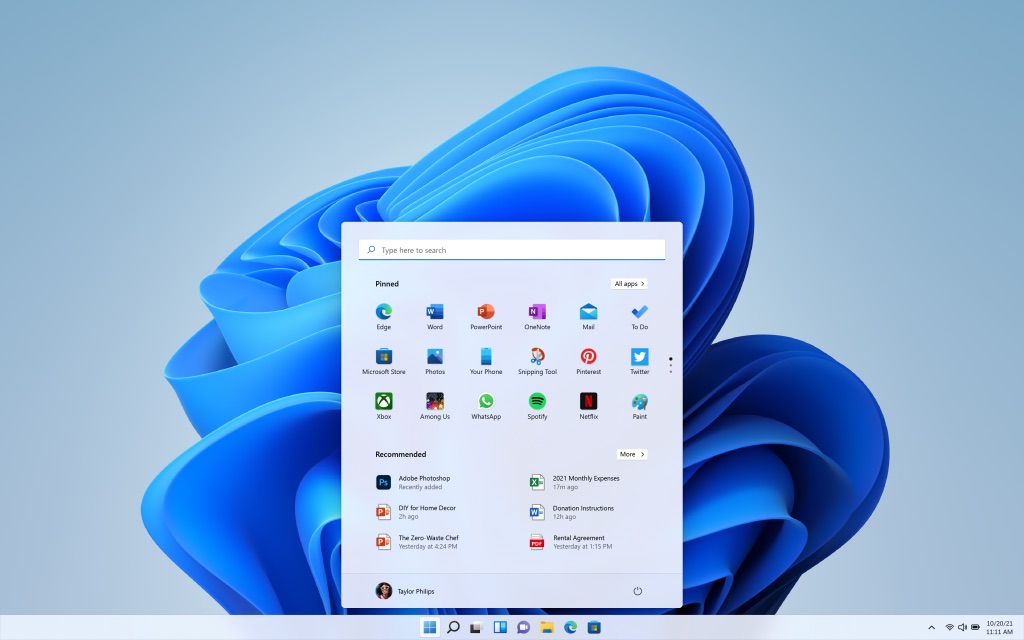Microsoft took the shrink wrap off Windows 11 today, debuting a refreshed interface, support for Android apps, and deep integration of Microsoft Teams.
But beneath all of the GUI goodies and swish superficial changes are a stricter set of system requirements — requirements which could benefit Linux distributions like Ubuntu.
The increased Windows 11 systems requirements aren’t particularly fanciful at first glance, asking that users have a “modern 64-bit processor” that’s at least a dual core and clocked at 1 GHz or greater. It also wants 4GB RAM (or more) and mandates a minimum screen resolution of 1366×768.
So far, so-so.
However, it is only possible to install Windows 11 on hardware that is UEFI, Secure Boot, and TPM 2.0 — and its the 2.0 that’s important — enabled. This killer combo of hardware requirements excludes swathes of computers made more than 5 or 6 years ago, including many of the Microsoft’s own high-end Surface laptops!
Now, we can joke that users with excluded hardware might be relieved to know they can’t upgrade to Windows 11 — remember how long it took to ween people off of Windows XP — but they fact they have no choice is…
Well, it’s an opportunity for Linux distros.
Imagine, hundreds of thousands of people who try to upgrade to Windows 11 this fall will be told “your computer is too old to run the latest software”. Many will believe this, and head out to buy something newer (and likely bearing a shiny foil Windows 11 sticker).
Others however might be willing to consider something less costly, like switching to Linux.
After all, outdated hardware doesn’t always equal useless hardware. I still make regular use of a mid 2012 MacBook Pro. This laptop is classed as obsolete by Apple (it can’t be upgraded to Big Sur) and most modern tastes (a 1280×800 display in 2021 is interesting) but the thing still works — and works really well for what I need (which is to let me write blog posts on the go).
Thanks to Linux distributions like Ubuntu I am able to use my old hardware and run the very latest software. There’s no need for me to pick. Plus I get security updates, bug fixes, and so on.
That could make a persuasive pitch to people who want security without the hassle of enforced hardware upgrades.
Windows 11 will be released in the autumn as a free upgrade to Windows 10. Users can check their PC meets the system requirements by downloading and running the Microsoft PC Health Check app.
Update: Microsoft has since removed the health check append replaced it with further guidance on which specific Intel processors and AMD processors Windows 11 will be compatible with.

